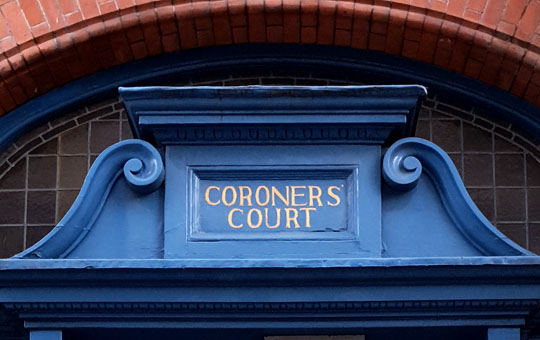The aim of the course is to empower staff on inquests in order to mitigate risk to them and their organisation. The purpose of the masterclass is to demystify the inquest process, recognising the increased volume and complexity of inquests at a national level. We will consider how a witness fits into the inquisitorial process and the action which can be taken to mitigate risk, from writing a statement through to giving evidence. Attendees will hear experiences from an advocate who has worked across three acute Trusts and can share learning from cases.
Key Learning Objectives
To support staff with understanding the purpose and process of an inquest and how they may fit into this.
To identify the potential pitfalls of written and oral evidence through case examples.
To consider the interplay with other clinical governance processes, such as complaints from a deceased’s family.
To brief them on the changing landscape of inquests
To share learning from an acute Trust in order to mitigate risk
Facilitator
Hayley leads one of the largest in-house legal teams in the country. She has spent her career supporting clinicians in the NHS. Her aim is to be the beacon institution in the South West for the provision of inhouse legal advice. Hayley specialises in inquests, healthcare advice and clinical negligence claims. She has managed a significant portfolio of High Court Applications in-house, from complex discharges to withdrawal of treatment and maternity cases. On inquests, Hayley supports clinicians from drafting a statement through to representation in court, feeding back any learning to mitigate the risk of future deaths. Hayley recognises that inquests are increasing in volume and complexity and seeks to prepare staff for the changing landscape faced across the country. Hayley chairs the south west in-house lawyers forum in order to share knowledge and improve the inhouse provision of legal services across the region. She has spoken at national events on inhouse legal services within the NHS.
Who should attend
Clinical staff who may be called to give evidence at the coroner’s court, have an interest in inquests or who may be asked to support colleagues involved in inquests.
Executives who seek to mitigate risk for their organisations on inquests.




